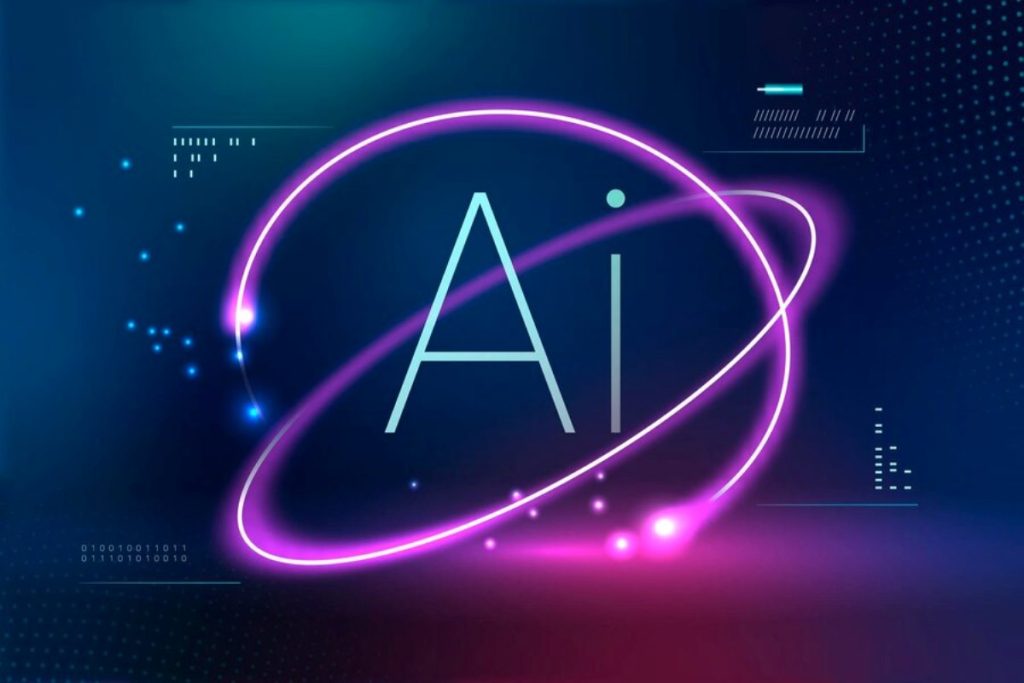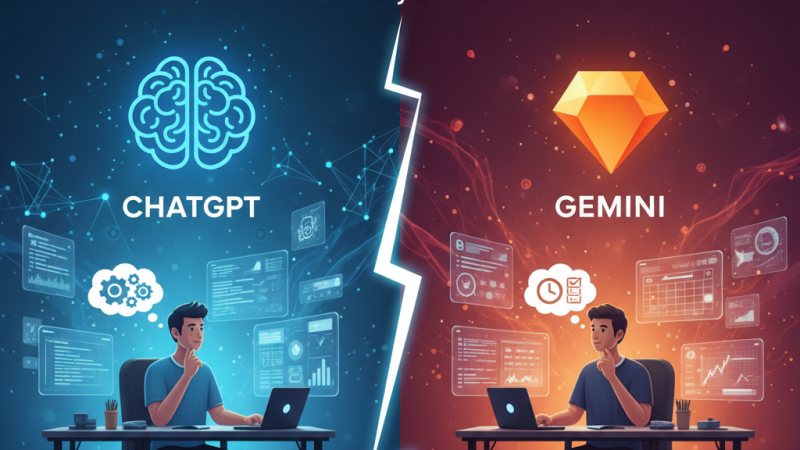Artificial Intelligence (AI), which has influenced nearly every industry, has significantly changed how we live and work. Artificial intelligence (AI) tools are now essential for both individuals and companies, as they can automate repetitive jobs and provide insightful data analysis. Popular AI platforms have raised the standards by providing intelligent, seamless interfaces for a variety of applications. Not all AI systems, though, meet these standards.
One such AI, Gemini AI, had great potential when it first came out, but it has had struggles meeting consumer requirements. It faced a lot of criticism for its erratic performance and technological flaws, despite the hype around its launch. But why exactly is this seen as inferior, especially when compared to leading AI tools?
Criticism of Gemini AI
Gemini AI was launched with high anticipation, but it quickly faced user concerns. The platform was designed to rival ChatGPT by offering conversational AI, content generation, and problem-solving capabilities. Unfortunately, it failed to live up to many of these promises.
Users have expressed dissatisfaction with Gemini AI due to its slow, inaccurate, and often inconsistent performance. Common grievances include unreliable responses, technical glitches, and lack of user-friendliness. Many early adopters of this platform were compelled to switch to alternative platforms due to the tool’s shortcomings.
Technical Flaws and Limitations
The technical limitations of Gemini AI are among the primary reasons for its poor reputation. Let’s explore a few key problems:
- Inconsistent Outputs: One of the major frustrations with this platform is its inability to provide consistent results. Numerous users have reported receiving nonsensical or incomplete answers, especially when compared to tools like ChatGPT, which typically offers clear and well-structured responses.
- Lack of Adaptation: While many AI tools improve through machine learning and adapt to user preferences over time, Gemini AI appears to be static. Its algorithms do not learn from user interactions, making it less effective in dynamic environments.
- Poor Performance Under Pressure: In high-demand scenarios, such as generating long-form content or handling complex tasks, Gemini AI frequently crashes or experiences significant slowdowns. These performance issues make it unreliable for users seeking to enhance their productivity.
These technical challenges have led many users to abandon the platform in favor of more stable and reliable AI tools.
ChatGPT vs. Gemini vs. Copilot
When assessing Gemini AI, it’s crucial to compare it with its main competitors: ChatGPT and GitHub Copilot. Both tools offer distinct capabilities and have generally received positive feedback in their respective domains.
- ChatGPT: Renowned for its conversational fluency and high-quality output, ChatGPT has become a preferred platform for content creation, code generation, and general problem-solving. It consistently provides accurate and contextually appropriate answers, making it a standout in the AI industry.
- GitHub Copilot: While ChatGPT excels in natural language processing, GitHub Copilot focuses on assisting developers in writing code more efficiently. It utilizes AI to suggest code snippets, debug, and even write functions, saving developers significant time and effort.
- Gemini AI: In comparison to ChatGPT and Copilot, Gemini AI falls short in multiple aspects. Its inconsistent responses, slower processing times, and technical flaws make it a less compelling option. Despite being marketed to compete in the same domains, it has not delivered the same value as its rivals.

Is Gemini AI Really That Bad? A Balanced View
Even though Gemini AI has its critics, it’s vital to consider an unbiased perspective. Every AI platform has difficulties, especially when it is in the early stages of development. This also goes for Gemini AI.
- Potential for Development: Gemini AI is still in its inception and, like many artificial intelligence platforms, could be enhanced with customer feedback and updates. There is room for improvement, particularly if AI technology develops further.
- Specific Use Cases: This might still be useful in some niches, even though it might not be suitable for everyone. For example, it might still be helpful for consumers who don’t need advanced features or for companies with less complex requirements.
The difference between expectations and reality is ultimately the main cause of Gemini AI’s bad reputation. Even though it has a lot of limitations right now, there is hope that these problems will be fixed in later versions.
Conclusion
In conclusion, several technical issues, such as inconsistent outputs, limited adaptability, and underperformance, have led to criticism of Gemini AI. Gemini AI fails to deliver a reliable and efficient Artificial Intelligence solution in comparison to competitors such as ChatGPT and GitHub Copilot. But it’s crucial to keep in mind that these technologies are always changing, so this may continue to get better.
For now, though, users seeking advanced AI functionality may want to look toward more established platforms. Gemini AI’s flaws are significant, but they don’t necessarily spell the end for the platform. With the right updates and improvements, Gemini AI could still find its place in the artificial intelligence ecosystem.




